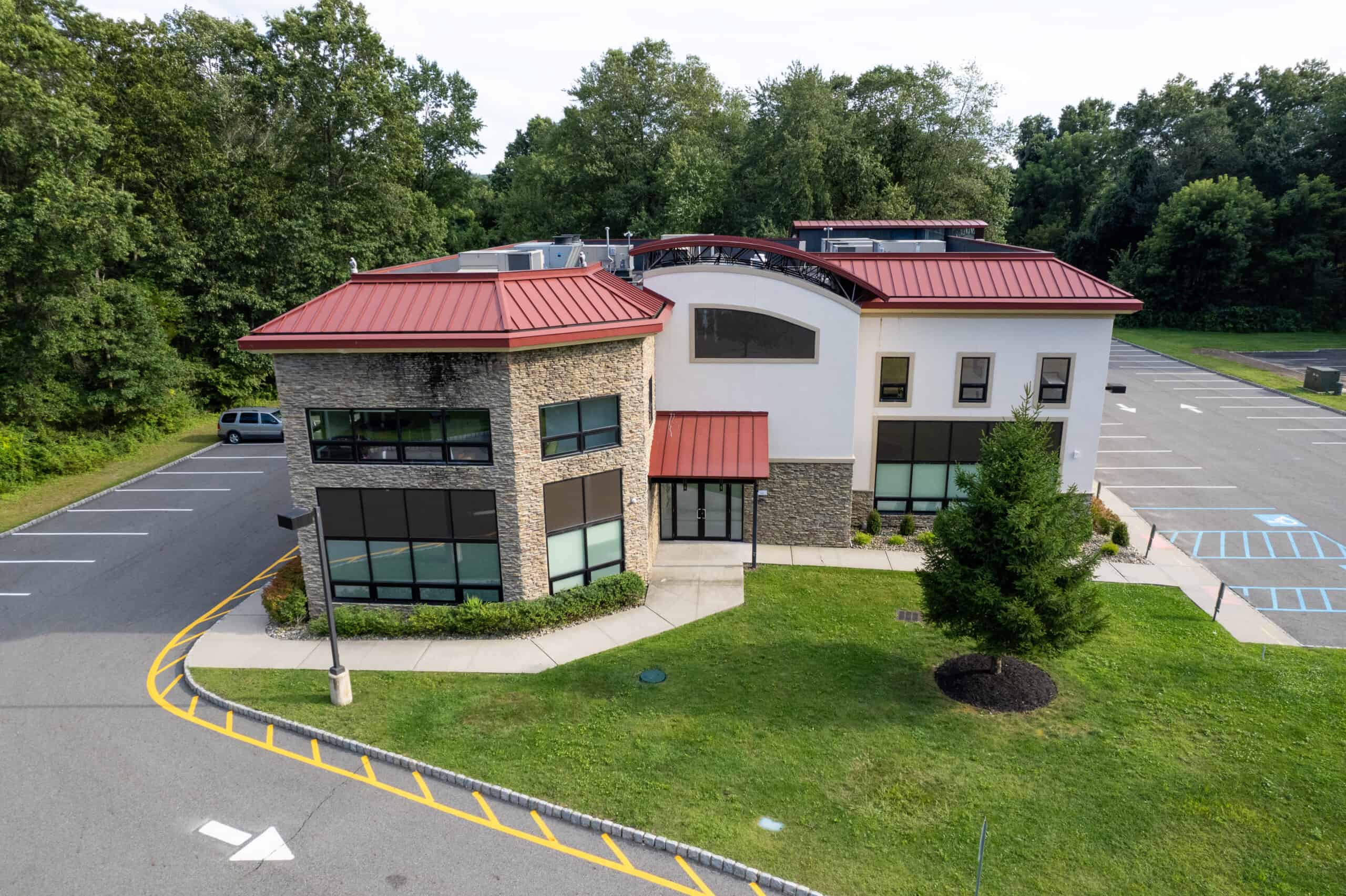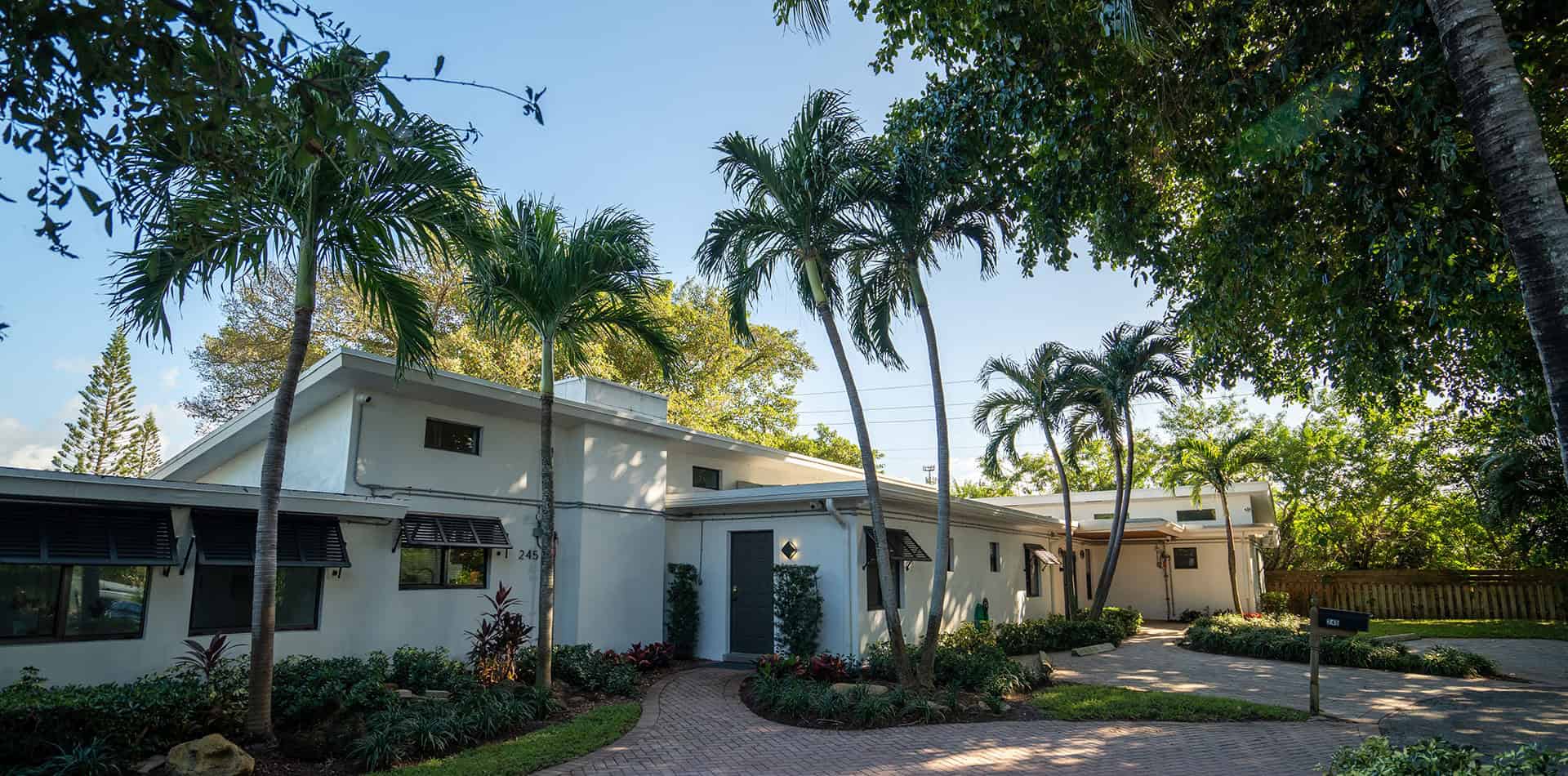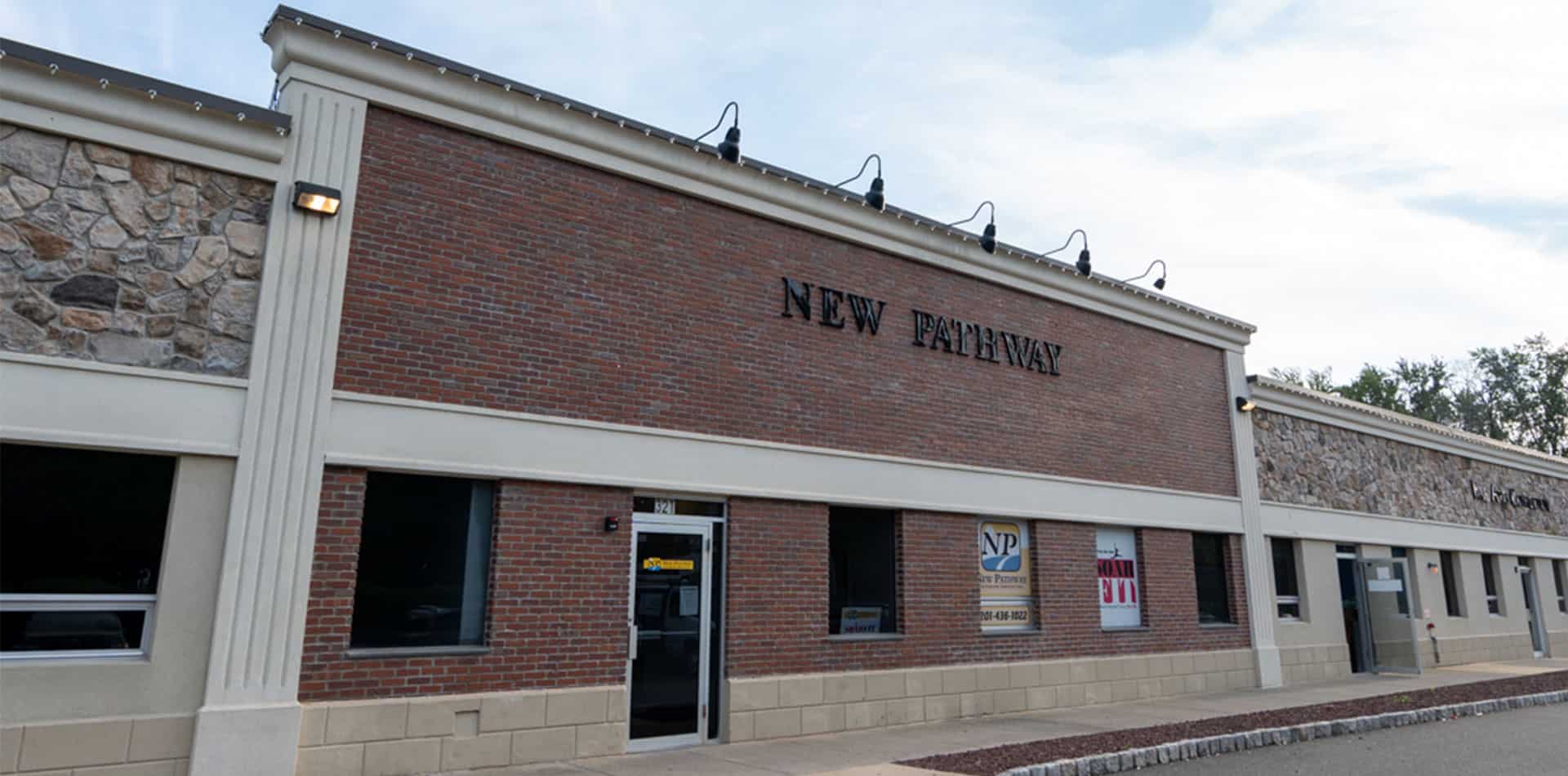Teen Drug & Alcohol Use Rehab & Addiction Treatment
What you will learn:
- Signs and symptoms of teen substance use.
- Substances commonly used by adolescents.
- Guardian Recovery’s holistic approach to teen behavioral and mental health concerns.
We Specialize In Adolescent Treatment
"*" indicates required fields
By selecting this checkbox and entering mobile number I agree to receive GR Support from Guardian Recovery Network Holdings LLC. Message frequency varies. Text HELP to 96909 for help, Text STOP to 96909 to end. Msg&Data Rates May Apply. By opting in, I authorize Guardian Recovery Network Holdings LLC. to deliver SMS messages using an automatic dialing system and I understand that I am not required to opt in as a condition of purchasing any property, goods, or services. By leaving this box unchecked you will not be opted in for SMS messages at this time. Click to read Terms and Conditions & Privacy Policy.
Signs & Symptoms of Substance Use in Teens
- Mood/behavioral — Mood swings, low energy, lack of motivation, anxiety, depression, impulsivity, aggression, or social withdrawal.
- Physical — Ongoing lethargy or adverse change in hygiene/appearance.
- Mental — Poor concentration and difficulty focusing.
- Sleep — Abnormal sleep patterns (e.g., insomnia or hypersomnia).
- Signs of intoxication — Constricted/dilated pupils, red eyes, impaired coordination, unexplained laughter, or slurred speech.
- Withdrawal symptoms — Nausea/vomiting, diarrhea, sweating, muscle cramps, and mood changes.2
- Evidence of substance use — Empty alcohol or prescription bottles, scales, pipes/bongs, vaporizers, rolling papers, burnt spoons or tin foil, or needles.
- Academic decline — Poor grades, disruptive classroom behavior, disciplinary action, or truancy.
- Social changes — Negative interactions with/avoidance of family/friends or changing peer groups.
- Missing medications — Unexplained disappearance of prescription drugs, such as opioids, amphetamines, benzodiazepines, or sedatives, belonging to other family members.3
Get Local Help

Boca Raton Adolescent Center
Boca Raton, Florida

Montville Adolescent Center
Towaco, New Jersey

Boca Raton Adolescent Center
Boca Raton, Florida
Questions?
Learn More About the Recovery Process
- Our Approach
- The Treatment Process
- Frequently Asked Questions
- Insurance Check
- Ask a Question
Unique Challenges in Adolescent Detox & Addiction Treatment
Detox and addiction treatment for teens and adolescents presents unique challenges that differ from those faced by adults. They stem from their developmental stage, social pressures, and other factors specific to this vulnerable age group, and include:
- Immature prefrontal cortex —The adolescent brain is not fully developed, which affects abilities such as judgment, impulse control, and emotional regulation, as well as increasing susceptibility to addiction.
- Peer pressure — Teens are highly influenced by their peers and may engage in substance misuse to fit in, gain acceptance, or avoid social isolation.
- Academic stress — Schoolwork-related pressures, social dynamics, and extracurricular activities can be significant sources of stress, and teens can become overwhelmed.
- Exposure to risk factors — Ongoing or past trauma, abuse, neglect, and mental health issues can increase a teen’s susceptibility to mental health issues, which can, in turn, increase their risk of self-medication and substance misuse.
- Physiological factors — Differences in metabolic rate can impact the detox process, and withdrawal symptoms can worsen the emotional volatility experienced by teens.
Understanding and addressing these and other challenges unique to teens is essential for developing effective programs that meet their specific needs and improve their chances of long-term recovery. Guardian Recovery’s treatment programs are designed with consideration of the many factors that affect each teen’s cognitive, emotional, social, academic, and physical development.
Your Teen's Transformation Starts
Here
Guardian Recovery Adolescent can help your teen take control of their lives, putting them on a path to a brighter future filled with possibility.
The Treatment Process in Adolescent Treatment Programs
Adolescent treatment programs provide treatment for teens and adolescents struggling with substance misuse or addiction and other mental health conditions. The treatment process varies depending on the young person’s needs and goals, but typically consists of several basic elements and strategies, including the following:
- Intake assessment
- Detoxification and withdrawal
- Medication-assisted treatment (MAT)
- Inpatient and/or outpatient treatment
- Dual diagnosis treatment for co-occurring disorders
- Therapy and counseling
- Holistic approaches
- Aftercare planning
- Relapse prevention
The overarching goal of teen drug rehab is to provide a comprehensive, individualized approach to treatment and help young people maintain long-term sobriety and improve their quality of life. Contact us today to learn more.
Substance Use Disorders We Treat at our Adolescent Treatment Centers
Substance use disorders we commonly address at our teen rehabilitation facility are related to a wide range of substances, including:
- Alcohol
- Marijuana
- Prescription opioids, like oxycodone
- Prescription stimulants, like amphetamine
- Heroin/fentanyl
- Methamphetamine
- Cocaine
- Hallucinogens, like LSD
- Synthetic cannabinoids
- Benzodiazepines
- Inhalants
- Many others
Our Adolescent Substance Use Treatment Approach & Therapies
Our transformative approach addresses the underlying causes of substance use and other behavioral issues. At the core of our program is a distinctive four-pronged treatment approach:
- Psychoeducation — An educational strategy that teaches teens about wellness, addiction, and recovery. This is crucial as many adolescents enter our program without a clear understanding of these critical aspects.
- Cognitive Behavioral Therapy (CBT) — A form of psychotherapy that helps participants reframe and redirect their thought processes, which is critical for combating addictive behaviors.
- Dialectical Behavior Therapy (DBT) — This therapy is employed to assist in the development of stress tolerance, emotional regulation, and mindfulness.
- Family Systems Therapy — A strategy that aims to improve communication and interactions within the family unit.
What sets our adolescent program apart is that we personalize each teen’s unique journey, building essential skills and resilience for lasting recovery. Our engaging program blends traditional therapies with creative activities involving music and art. This diverse approach ensures that therapy doesn’t feel like a chore and instead offers a holistic and enjoyable healing process.
Also, in recognizing the family’s vital role, we involve loved ones throughout treatment from intake to discharge. This ensures a supportive environment for the child and helps families adapt to the changes and challenges that accompany the recovery process.
Complimentary Insurance Check
Find Out Today!
"*" indicates required fields
Does your insurance cover mental health?

Our Locations
Our Facilities & Teams Transform Lives
Changing lives by providing comprehensive support and rehabilitation, empowering individuals to overcome addiction and regain control of their health and well-being.
Adolescent Levels of Care
Our treatment center offers multiple levels of care to ensure the treatment teens receive is appropriate to their individual needs. These include medical detox, inpatient/residential programs, partial hospitalization, intensive outpatient treatment, and aftercare support.
Medical Detox
For those with chemical dependence, abrupt cessation of substance use can cause withdrawal symptoms, which range from mild to life-threatening. Our medical detox provides 24/7 medication supervision, medication, and psychological support, ensuring a safe and comfortable withdrawal process.
Residential Treatment
Inpatient or residential treatment is the highest level of care, involving 24/7 on-site treatment for several weeks. During this time, teens follow a structured schedule consisting of individual and group therapies, creative activities, and family involvement. We also provide two hours of daily academic instruction in collaboration with schools.
Partial Hospitalization Program (PHP) (With or Without Housing)
Most teens in PHP live on-site in our comfortable, 16-bed residence, although housing isn’t mandatory. PHP programming takes place 6 days a week (Monday through Saturday), 5 hours daily. During PHP, teens begin to identify the root causes of their underlying issues, develop coping skills, and learn to apply them to daily life.
Adolescent Intensive Outpatient Program (IOP)
Our adolescent IOP offers flexible 3-hour days, 4 days a week, allowing adolescents to reintegrate into their home living environments. This creates an opportunity for them to identify relapse triggers and maintain a recovery program outside of a more structured treatment program.
Aftercare
Aftercare provides continual support for teens transitioning back to normal life after intensive treatment. During this time, we place a strong emphasis on relapse prevention and offer continued access to evidence-based care, such as support groups and behavioral therapy.
Adolescent Behavioral Health & Mental Health Treatment in Recovery
At Guardian Recovery, we believe in treating the whole person, not just the addiction. Our holistic approach to behavioral health helps teens understand the underlying causes of their struggles and empowers them with the tools they need to thrive in recovery.
Our focus includes:
- Personalizing care using individual and group therapy sessions tailored to the needs of teens
- Promoting emotional well-being by fostering self-awareness, self-esteem, and healthy emotional expression
- Building resilience and coping skills, equipping teens to handle challenges and stress in productive ways
- Supporting families through therapy, education, and guidance
- Providing evidence-based therapies, such as CBT and DBT
- Offering educational support to help teens build confidence and stay on track academically
- Ensuring ongoing aftercare, support, and resources are available to promote lasting recovery
In addition to substance misuse, behavioral health conditions we address include, but are not limited to:
- Depression
- Anxiety and panic disorders
- Bipolar disorder
- Borderline and other personality disorders
- Obsessive-compulsive disorder
- Attention-deficit hyperactivity disorder (ADD/ADHD)
- Schizophrenia
- Post-traumatic stress disorder (PTSD)
- Eating disorders
Why Choose Guardian Recovery for Your Child’s Treatment
Guardian Recovery’s holistic programs provide individualized care, including evidence-based therapies, academic support, and a nurturing environment conducive to healing and personal growth. Our dedicated team helps teens overcome challenges, build resilience, and work toward a brighter, more promising future.
Specific reasons to choose us include:
- Comprehensive treatment, including detox, residential programs, evidence-based strategies, creative arts and recreational therapies, and aftercare
- Co-occurring mental health treatment for depression, anxiety, ADHD, trauma, and more
- Academic support, by working closely with schools to ensure educational progress and attendance credits
- A secure, peaceful, distraction-free environment
- Extensive family involvement, including weekly family therapy, workshops, and support groups, to strengthen bonds and improve family dynamics
How are we different? Come see for yourself. Contact staff today to schedule a tour of our adolescent rehab.
Ready to Change Your Teen’s Future?
Your Next Steps
Guardian Recovery Adolescent Treatment Centers
Guardian Recovery offers three full facilities, one in Florida and two in New Jersey, in addition to a virtual treatment program.
Boca Raton Adolescent Center
Boca Raton Adolescent Center in Boca Raton, Florida, provides comprehensive treatment for girls aged 13 to 17. We take a multidisciplinary approach to holistic recovery, focusing on restoring physical, mental, emotional, and spiritual health. Our programs include partial hospitalization (PHP) with housing and intensive outpatient treatment.
Montville Adolescent Center
This serene, Towaco, New Jersey facility is a distraction-free safe haven where girls and boys aged 13 to 17 can build trust, relationships, and coping skills, turning chaos into stability. Our programs include medical detox and inpatient/residential treatment.
New Pathway Counseling — Pine Brook
The multifaceted partial hospitalization program at New Pathway Counseling in Pine Brook, New Jersey, is enriched by the SOARFIT model, a unique blend of strategies incorporating the 12-Step philosophy that has been clinically proven to facilitate recovery and ensure long-term sobriety.
Virtual Adolescent Program
Virtual adolescent programs offer the same intensive, personalized care provided by in-person options without potential barriers to treatment, such as transportation, remote locations, and mobility issues. This program is available in FL, NJ, ME, and CO.
Amenities We Offer (In-Person Treatment)
We believe that comfort and safety are a priority and essential for facilitating a teen’s personal growth. For this reason, we offer programs and therapies that feature a number of amenities, including:
- Both single and double rooms to accommodate each teen’s individual preferences, challenges, and privacy needs.
- A nursing station near medical detox beds to allow for close medical monitoring and rapid access to support.
- Separate floors for males and females to minimize distractions and maximize privacy and comfort.
- Recreational areas with a variety of leisure activities and games to connect and interact with peers.
- Holistic activities, such as exercise, yoga, art, and music.
Contact Guardian Recovery today to learn more about our teen rehab programs, features, and amenities.
FAQs
Yes, insurance typically covers some or all treatment costs due to legislation such as the Affordable Care Act (ACA) and the Mental Health Parity and Addiction Equity Act (MHPAEA). These require that insurers cover mental health and substance use disorder treatment.
We accept most insurance plans. To learn more, reach out to our admissions counselors who can contact your insurer and provide you with a detailed explanation of what’s covered under your plan. Your call is free and confidential, and if you are uninsured, we offer other payment options.
Treatment costs vary based on individual needs. To receive an estimate and explore insurance coverage and payment options, reach out to our admissions team at 888-483-1517.
Ready to take the next step? Call us, and one of our dedicated counselors will conduct a brief pre-assessment. You are under no obligation.
Yes. Visitation is allowed during designated hours with prior approval for family members and guardians 18 years or older.
Yes, we have established program agreements and rules that ensure safety and privacy, which we will review at the time of admission and throughout your teen’s treatment.
We will always discuss medication changes with you before they occur. To ensure coordinated care, we’ll ask you to sign a release form so we can consult with your teen’s current therapist or health provider.
We plan for your teen’s successful transition to outpatient care from the start. This personalized plan considers their progress and needs and will be discussed with you, and you will receive clear instructions upon discharge.
We believe family involvement is vital to your child’s success. You’ll be immediately involved in their treatment plan, meet their treatment team, and receive updates and opportunities to connect with them.
We prioritize education, so we work closely with your teen’s school to ensure they stay on track academically. We dedicate two hours daily to education, helping them keep up with schoolwork and smoothly transition back to the classroom.
We offer optional private bedrooms on a first-come, first-served basis. While some teens prefer privacy, others appreciate the support associated with living with another peer during treatment.
Sources
- Monitoring the Future. (2024). TABLE C-1: Trends in Lifetime Prevalence of Use of Various Drugs for Grades 8, 10, and 12 Combined.
- Youth.gov. (n.d.). Warning Signs.
- Children’s Health. (2024). 9 signs your teen is struggling with substance abuse.
Reviewed professionally for accuracy by:

Ryan Soave
L.M.H.C.
Ryan Soave brings deep experience as a Licensed Mental Health Counselor, certified trauma therapist, program developer, and research consultant for Huberman Lab at Stanford University Department of Neurobiology. Post-graduation from Wake Forest University, Ryan quickly discovered his acumen for the business world. After almost a decade of successful entrepreneurship and world traveling, he encountered a wave of personal and spiritual challenges; he felt a calling for something more. Ryan returned to school and completed his Master’s Degree in Mental Health Counseling. When he started working with those suffering from addiction and PTSD, he found his passion. He has never looked back.




